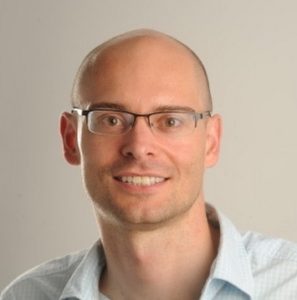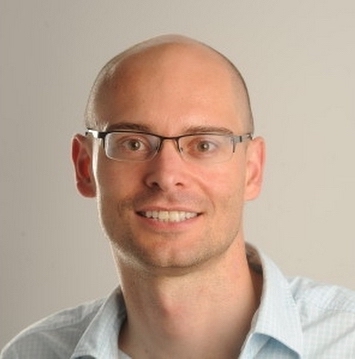In this video from the Heroes of Deep Learning series, Andrew Ng interviews Pieter Abbeel from UC Berkeley.
 “Work in Artificial Intelligence in the EECS department at Berkeley involves foundational research in core areas of knowledge representation, reasoning, learning, planning, decision-making, vision, robotics, speech and language processing. There are also significant efforts aimed at applying algorithmic advances to applied problems in a range of areas, including bioinformatics, networking and systems, search and information retrieval. There are active collaborations with several groups on campus, including the campus-wide vision sciences group, the information retrieval group at the I-School and the campus-wide computational biology program. There are also connections to a range of research activities in the cognitive sciences, including aspects of psychology, linguistics, and philosophy. Work in this area also involves techniques and tools from statistics, neuroscience, control, optimization, and operations research. Berkeley Artificial Intelligence Research Lab (BAIR).”
“Work in Artificial Intelligence in the EECS department at Berkeley involves foundational research in core areas of knowledge representation, reasoning, learning, planning, decision-making, vision, robotics, speech and language processing. There are also significant efforts aimed at applying algorithmic advances to applied problems in a range of areas, including bioinformatics, networking and systems, search and information retrieval. There are active collaborations with several groups on campus, including the campus-wide vision sciences group, the information retrieval group at the I-School and the campus-wide computational biology program. There are also connections to a range of research activities in the cognitive sciences, including aspects of psychology, linguistics, and philosophy. Work in this area also involves techniques and tools from statistics, neuroscience, control, optimization, and operations research. Berkeley Artificial Intelligence Research Lab (BAIR).”
Pieter Abbeel received a BS/MS in Electrical Engineering from KU Leuven (Belgium) and received his Ph.D. degree in Computer Science from Stanford University in 2008. He joined the faculty at UC Berkeley in Fall 2008, with an appointment in the Department of Electrical Engineering and Computer Sciences. His research focuses on robotics, machine learning and control. Professor Abbeel has won various awards, including the Sloan Research Fellowship, the Air Force Office of Scientific Research Young Investigator Program (AFOSR-YIP) award, the Okawa Research Grant, the 2011 TR35, the IEEE Robotics and Automation Society (RAS) Early Career Award, and the Dick Volz Best U.S. Ph.D. Thesis in Robotics and Automation Award. He has developed apprenticeship learning algorithms which have enabled advanced helicopter aerobatics, including maneuvers such as tic-tocs, chaos and auto-rotation, which only exceptional human pilots can perform. His group has also enabled a robot to reliably pick up randomly shaped, crumpled pieces of laundry and fold them. His work has been featured in many popular press outlets, including BBC, The New York Times, MIT Technology Review, Discovery Channel, SmartPlanet and Wired.
In this video Pieter Abbeel describes his group research into how robots learn.




